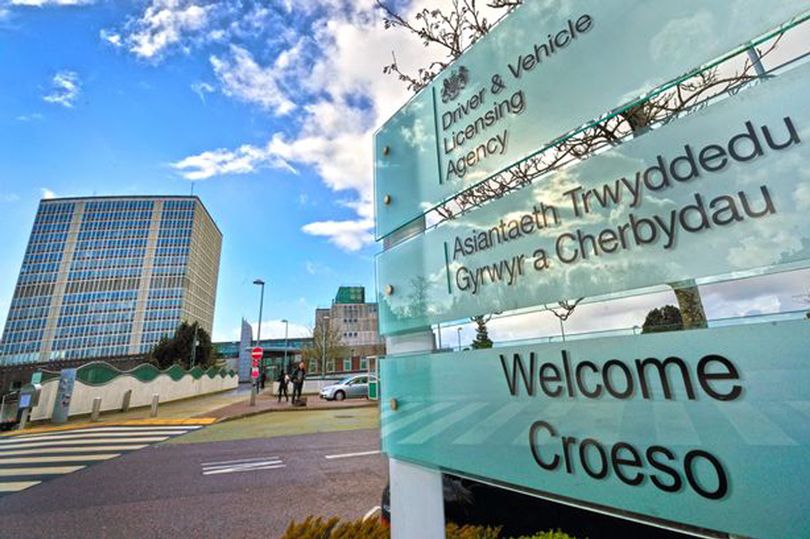If you have a private number plate on a motorcycle you own, perhaps you’ve considered transferring it to your car. Certainly, it may make more sense if you use the car more often, and will therefore get more benefit from your cherished registration. After all, there’s not much point in having a private registration plate on a motorbike that spends most of its time locked up in the garage.
Can you transfer a motorcycle number plate to a car?
Exactly the same DVLA rules apply to the number plates on motorcycles and mopeds as do to those on larger vehicles such as cars, vans or even lorries. Therefore, the answer is yes – you can indeed transfer a number plate from a motorcycle to a car, or vice versa. The rules remain exactly the same, and there are certain conditions that apply to all number plate transfers, no matter what type of vehicle the plate is being put onto.
Motorcycle number plates law
One of the main rules applying to any vehicle registration transfers relates to age, but other rules also apply, as outlined below.
Age-related plates
Almost all vehicle number plates – whether private or standard issue – have an age indicator within their sequence. This is usually shown as the suffix (last letter), or as the prefix at the beginning. With the new or current style of plate, the number shown after the two-letter area identifier denotes the age. Thus a plate that read, for instance, AC65 DFG, would denote a vehicle registered on or after September 2015.
It is illegal to use any number plate, on any kind of vehicle, that would make the motorcycle, car, van or even heavy goods vehicle appear newer than it really is. In practice, this means that if you wished to transfer a number plate from a motorcycle that is newer than the car you want to reassign it to, then this is not possible. For example, if you have a motorcycle that has a 65 plate, you could not assign that registration to a car that was made before late 2015, as that would make it appear newer than it really is.
Other rules
Apart from the restriction regarding age, other rules that apply to any registration transfer include the following.
- The number plate must be recognised by, and registered with, the DVLA.
- The vehicle that is to receive the registration must be available for inspection if required, and it must have a valid MOT certificate if older than three years old.
- It a must have current road tax.
Are there any special rules for motorcycle number plates?
Identical rules apply to any kind of car registration transfer, no matter what type of donor or recipient vehicle is involved. Motorcycle number plates are treated in exactly the same way as those relating to cars. Therefore, the options open to anyone wishing to remove a private plate from a motorbike or moped are just the same.
You can transfer the registration to another vehicle, providing the conditions detailed above are met. Alternatively, you can place any number plate on retention for future use. This reserves your right to assign the plate to another vehicle in the future if you do not want to do so immediately. You also retain the right to sell a retained private plate if you wish to do that, rather than reassigning it to a vehicle you own.





